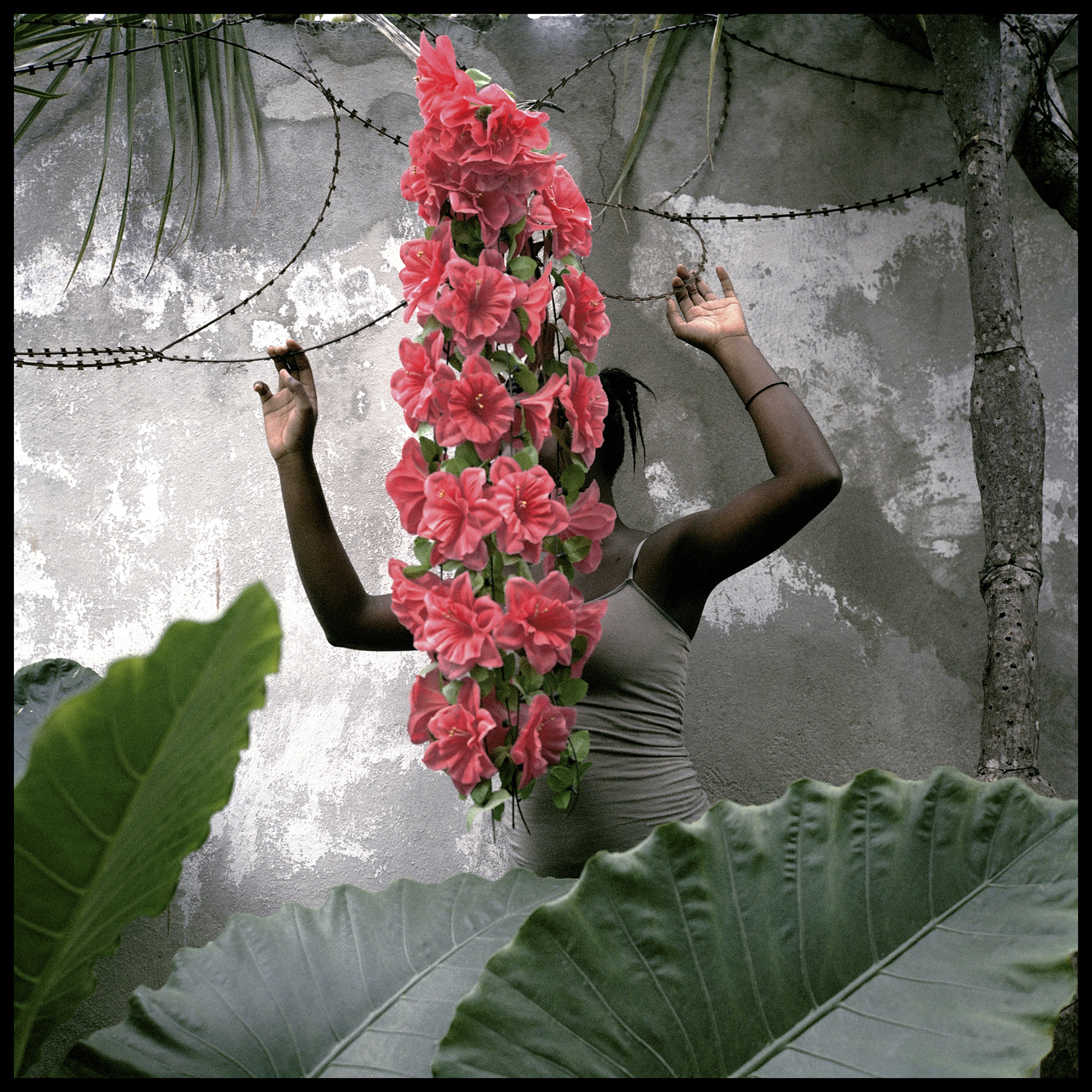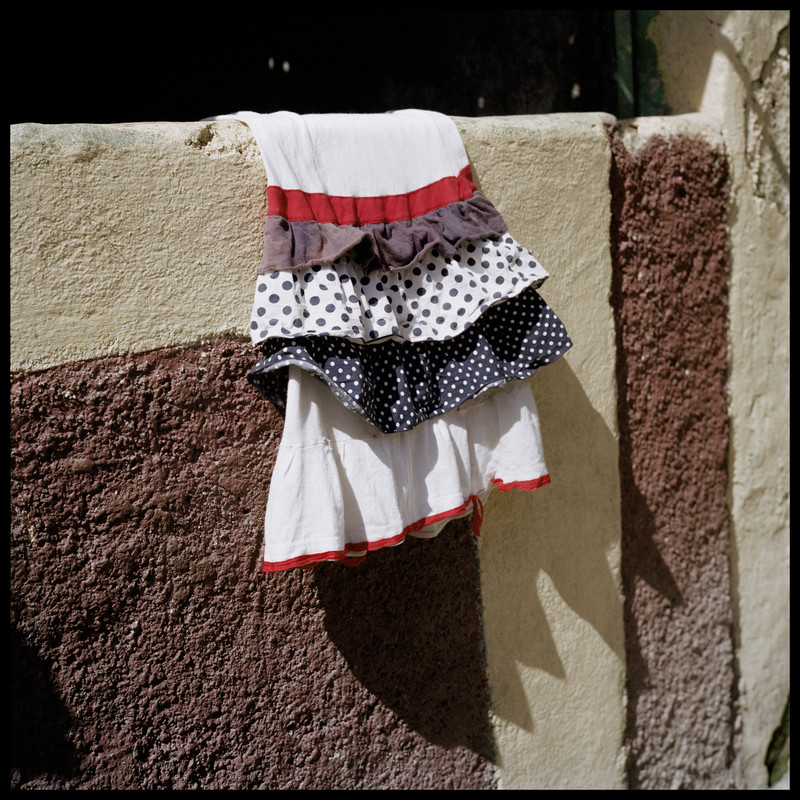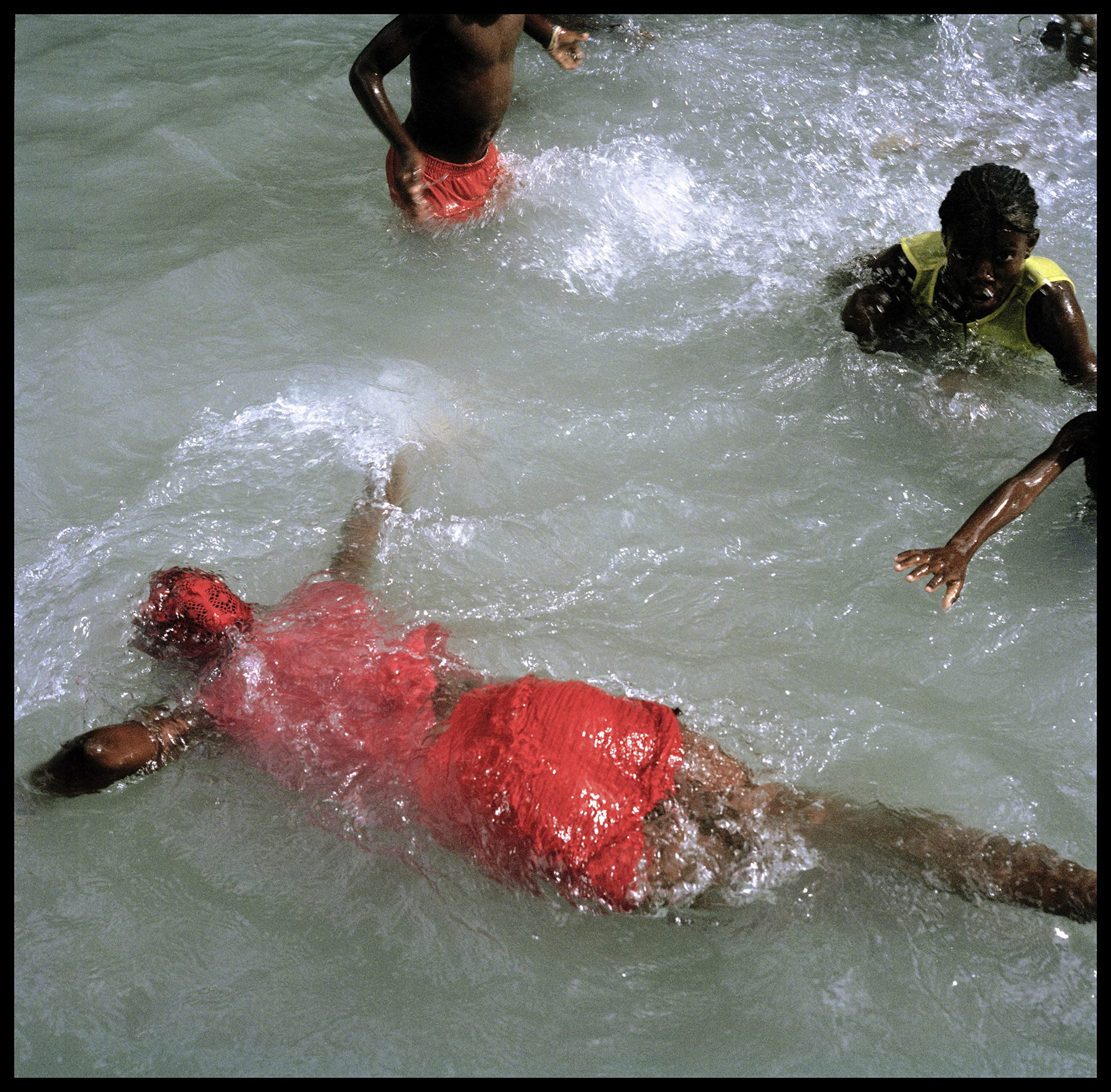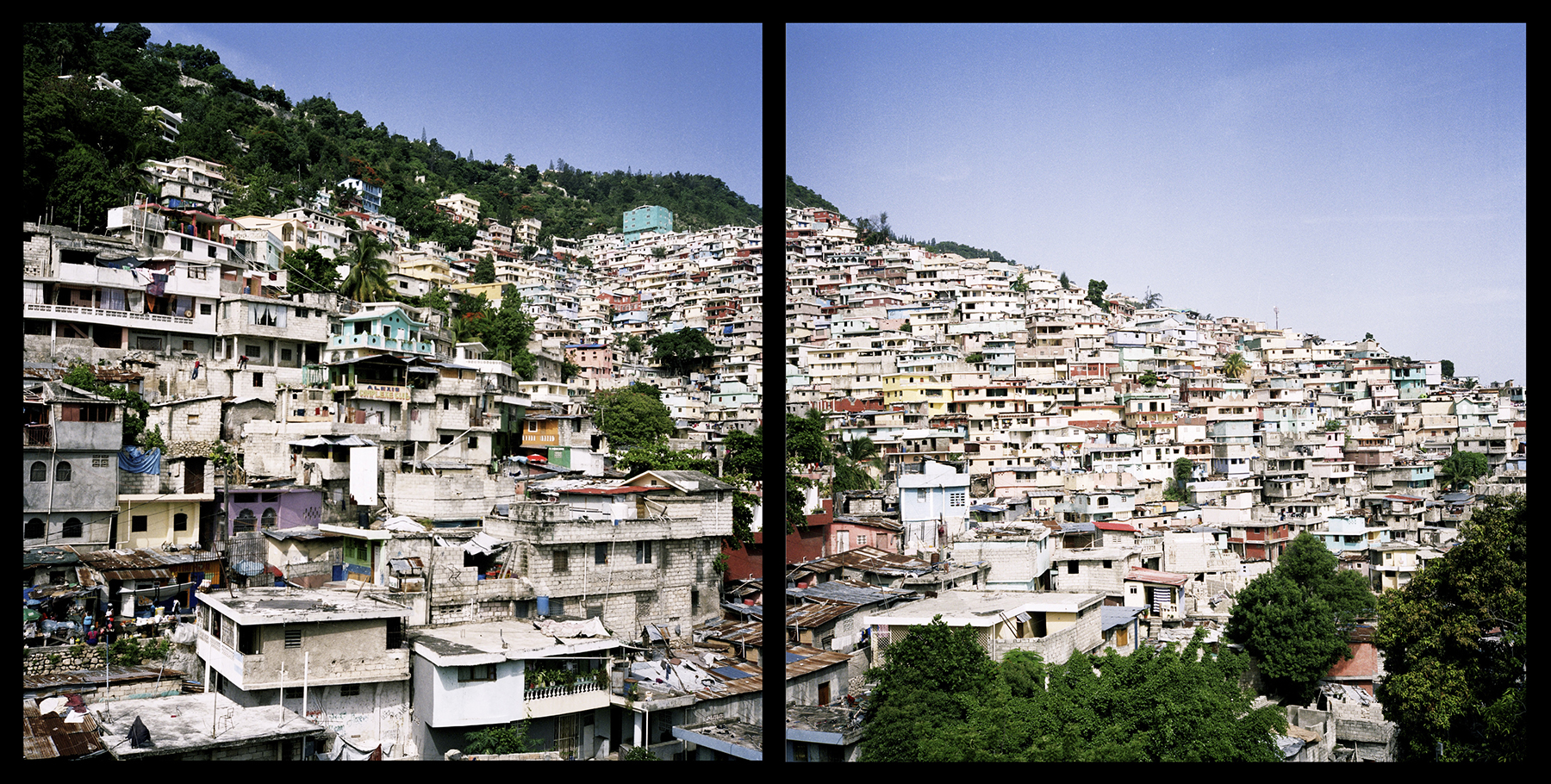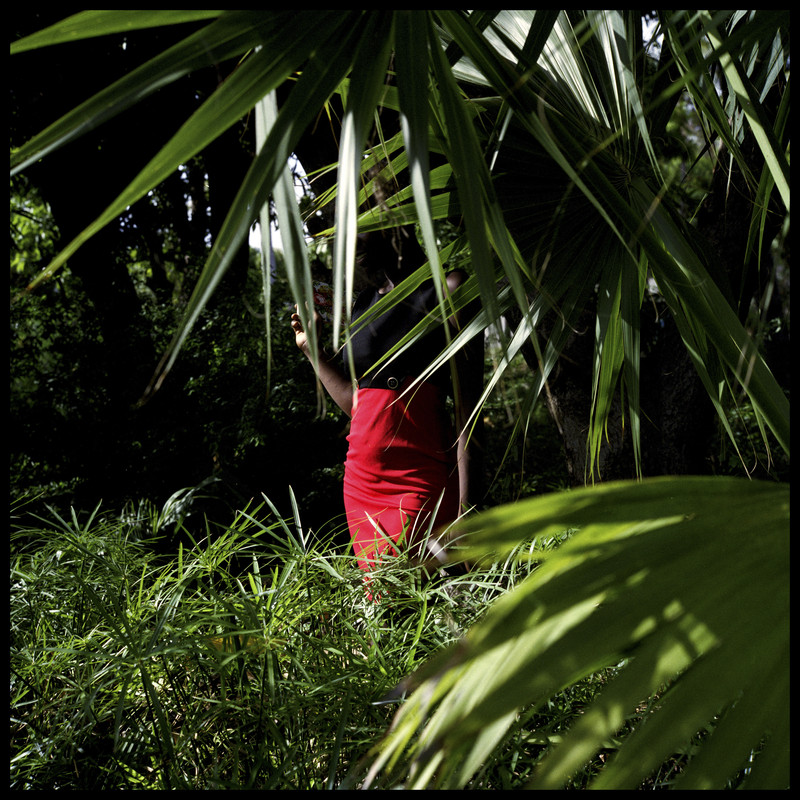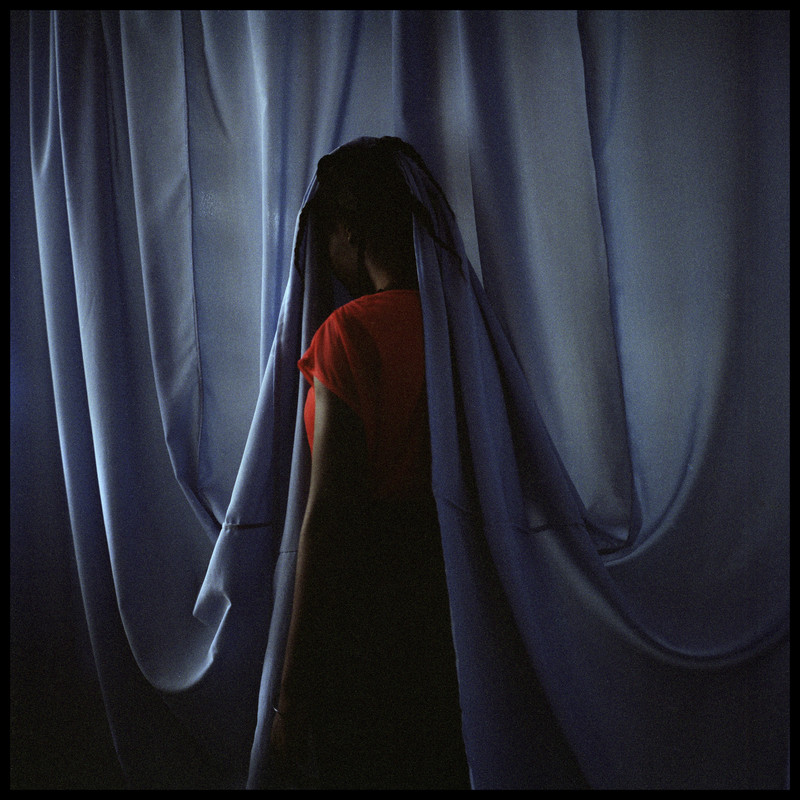Sexual Violence in Haiti
by Benedicte Kurzen
Haiti, Port au Prince, July 2016. Gisele, 20 years old: "He took me to an isolated place and asked me to get naked. He touched me and raped me. I told my family what happened. Now he is hiding, and he is under the protection of a women judge. I want justice to be done".
Photojournalist Benedicte Kurzen traveled to Port-au-Prince, Haiti, to document the largely unseen crisis of sexual assault in the country. The earthquake in 2010 displaced 1.5 million people who were forced to move into post-quake camps that offer little safety. As of March 2015, more than 60,000 people still live in these camps. These precarious living conditions and lack of protections leave women and children especially vulnerable to sexual assault."
Haiti, Port au Prince, July 2016. A little girl skirt is drying in the sun.
Haiti, Port au Prince, July 2016.
Gisele, 20 years old.
Haiti, Source Zabeth, July 2016. Marie, 21 years old (fake name)
More than a third of the patients treated at the clinic are younger than 18 years old.
"This work is the result in collaboration with MSF," Kurzen said. "They were very helpful. They identified women and young girls who had been raped a year ago. It wasn't fresh. It was important not to victimize them a second time."
MSF runs the Pran Men'm clinic in Port-au-Prince, which provides emergency medical assistance in the critical 72 hours after an assault, as well as long-term medical and psychological care.
Haiti, Port-au-Prince, July 2016. One of the neighborhoods in Port Au Prince.
Kurzen spent three weeks in Port-au-Prince getting to know her subjects. "Every photograph was taken after a very long interview," she said. "I spent a really long time explaining to them what it was about and why we wanted to do this. My position was, 'We need your help to keep awareness about what happened to you.' International funding was drying out."
A psychologist was present for each interview as the women and girls told the story of their rape. "We talked about how they wanted to be pictured," Kurzen said. "It was very collaborative. All the pictures are inspired by elements of their story that they shared with me or by their own desire."
Haiti, Port-au-Prince, July 2016.
Sarah, 13 years old. The mother of Sarah: “Our tent was broken and had a big hole in it. he came through it. He rape Sarah. She was on her own. ”
Haiti, Port-au-Prince, July 2016.
Viviane, 22 years old: “The boy was a friend from school. He took me to his room and forced me".
Haiti, Port au Prince, July 2016.
Gisele, 20 years old: "He took me to an isolated place and asked me to get naked. He touched me and raped me".
Kurzen paid careful attention to detail in order to keep the women and girls she was photographing comfortable. She shot the portraits on a medium format camera because she felt it was more discreet, less noisy and allowed her subjects to see her face at all times. The face of each survivor is obscured and their names were changed for their protection.
There is a heavy stigma for women who have been raped in Haiti, she said, and resources are scarce. Abortion is illegal, further limiting their options. "It puts women in a terrible position," Kurzen said.
Kurzen's portraits allow each woman to define herself as separate from her assault. "(The portraits are) more an homage to their resilience than about rape itself," she said. "In general when we speak about rape I usually have this feeling that we as media have a tendency to portray women as rape survivors and that's all they are. We put them in a box and reinforce some kind of stigma. We don't explore their imagination."
Haiti, Source Zabeth, July 2016. Marie, 21 years old (fake name): “I want to be photographed in the water. And we need drive out of Port-au-Prince. I would like to pose as someone who wash laundry with a traditional outfit.”
Marie, for example, wanted to be photographed as someone doing laundry while in traditional dress. She told Kurzen there are things she wants to do with her life - study, write and become a journalist. This was a chance for her to wash away her assault and move on.
